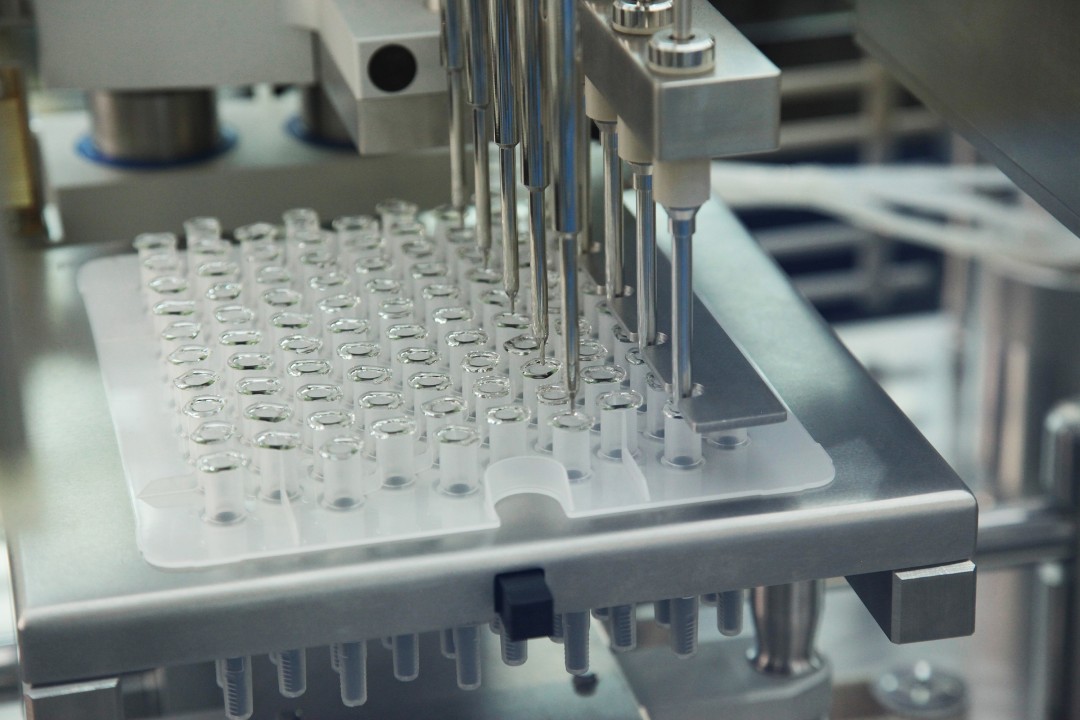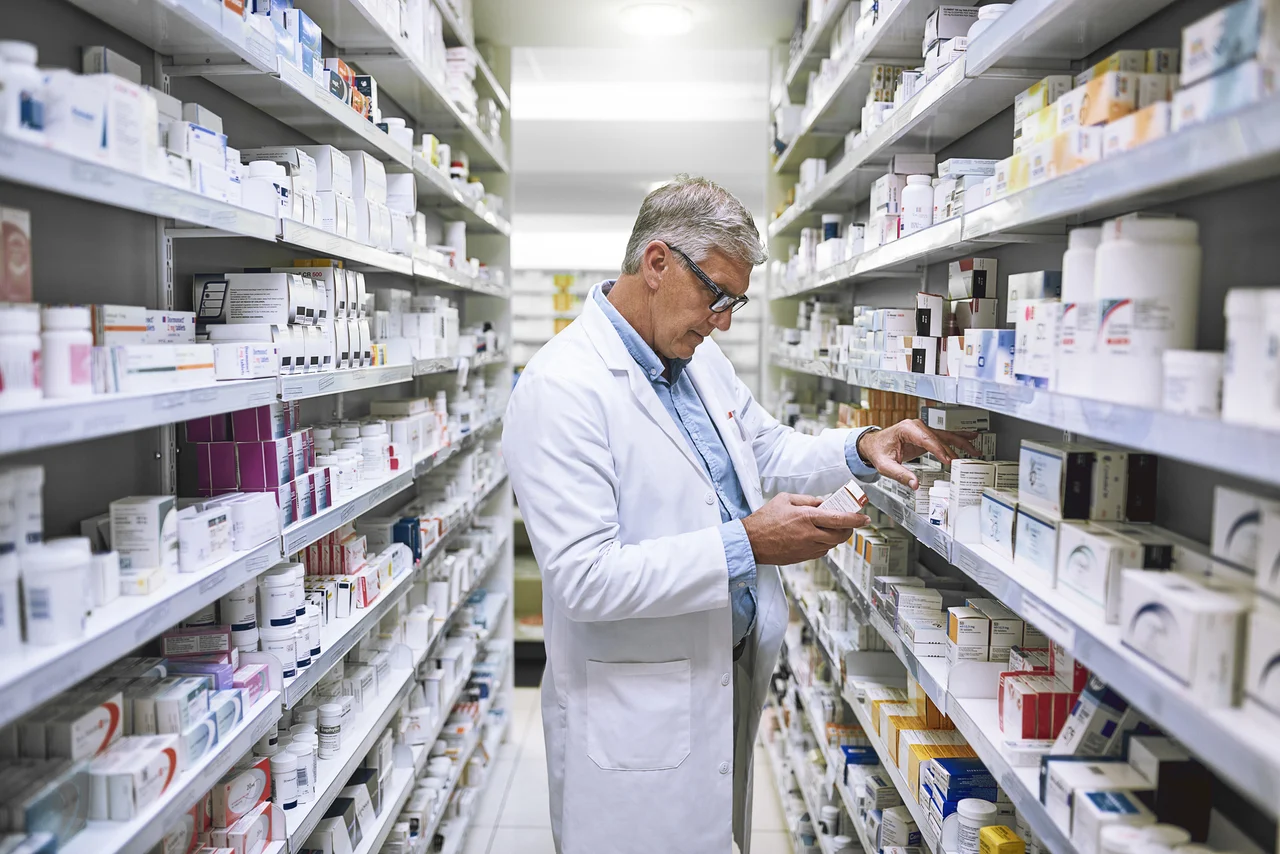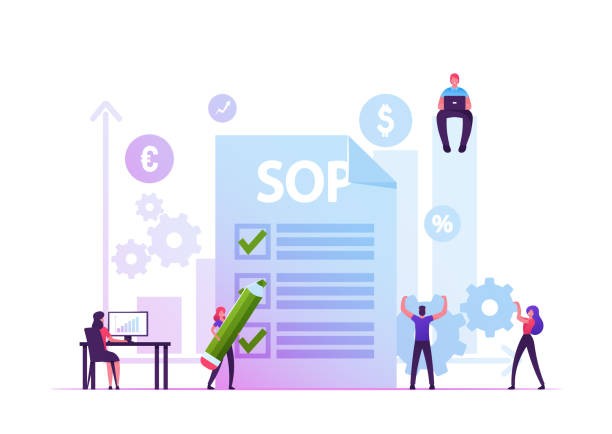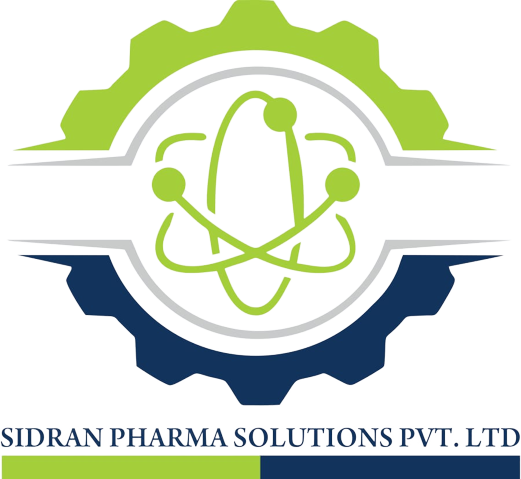Pharmaceutical compliance training
As new pharmaceuticals are developed, the laws and regulations regarding their production, distribution, and sales are constantly changing. This means that pharmaceutical professionals must stay abreast of all of the latest developments and changes to pharmaceutical law and practice.
Pharmaceutical compliance training not only ensures employees receive proper education about new regulations and laws, it also prepares them for various industry-related emergencies.


Biopharma online training
New pharmaceuticals are being developed every year, and the new regulations and laws related to those products and drugs can change the way that a company produces and distributes its products year after year. Manufacturers are often required to conduct certain manufacturing processes, audits that involve the use of dangerous chemicals.
While many chemical products are used in good manufacturing practices, there is always the possibility that an unsafe chemical or substance has been used in the process.
Definition of an SOP in the Pharmaceutical Industry?
The SOP in the pharmaceutical industry is a validated and documented method that serves as the base of process activities, offering personnel clear step-by-step guidance for executing specific tasks to ensure compliance of company processes to internal policies and regulatory standards.
Different regulations and standards are applicable depending on the market in which companies operate. These requirements governed by specific regulatory agencies have their definition for an SOP.


Why Are SOPs Important in the Pharmaceutical Industry?
The SOPs are important in the pharmaceutical industry because they ensure that drug products are manufactured and handled in a consistent and controlled manner. This helps to reduce the risk of quality issues and noncompliances.
The main objective of an SOP is to ensure that tasks are performed consistently, correctly, and to the required quality standards, which can lead to several benefits for pharmaceutical companies.
SOP Management Guidelines in the Pharmaceutical Industry?
In the pharmaceutical industry, SOP management guidelines encompass the regulations, standards, and requirements that dictate the creation, implementation, and maintenance of SOPs.
Below are some key guidelines applicable to the pharmaceutical industry. It requires pharmaceutical companies to have written SOPs for all aspects of drug manufacturing, including production, testing, and packaging.

